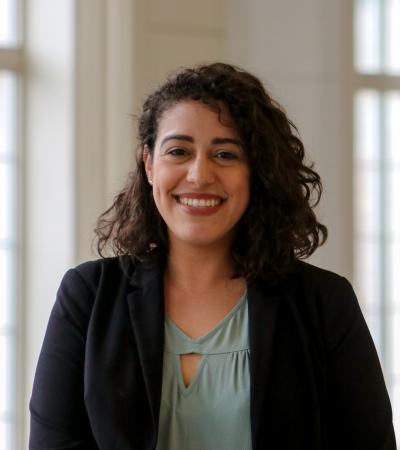Joyce Rivera-González is a doctoral candidate in the Department of Anthropology at the University of Notre Dame. Her dissertation work explores the ways in which Puerto Rican youth imagine individual and collective futures as they navigate an elusive and ever-present “Puerto Rican crisis”, especially after the onset of natural disasters, neocolonialism, economic austerity, and a global pandemic. Crisis, for many young Puerto Ricans, is an ever-present and inescapable state of affairs. Thus, her dissertation explores how “la juventud” conceptualizes disaster and crisis in a continuously precarious sociopolitical and economic landscape, shaped by Hurricanes Irma and María, the 2020 swarm of earthquakes in southwestern Puerto Rico, el Verano de 2019, the COVID-19 pandemic, and the current wave of gender-based violence. How do young people navigate and “come of age” as part of a landscape of ongoing—almost routine—crisis?
Joyce has published her work in Practicing Anthropology (2020) and Human Organization (2022, forthcoming). Additionally, she is a Contributing Editor for the Society for Cultural Anthropology’s Fieldsights podcast, AnthroPod. She is also the co-chair for the Society for Applied Anthropology’s Risk & Disaster Topical Interest Group, as well as a member of the Culture and Disaster Action Network (CADAN). She is a Kinesis-Richards Fellow.
My work explores how historically-disenfranchised communities in San Juan, Puerto Rico navigate vulnerable ecologies in the aftermath of a socio-natural disaster. The aftermath of Hurricane Maria illustrates how disasters are the result of historical and social processes that facilitate their disruptive capacity. Through this research, Joyce is interested in how Puerto Rico's neo-colonial political status, economic crisis, and a fraught "recovery" two years after Hurricane Maria continues to shape and affect residents' everyday and sense of place.






